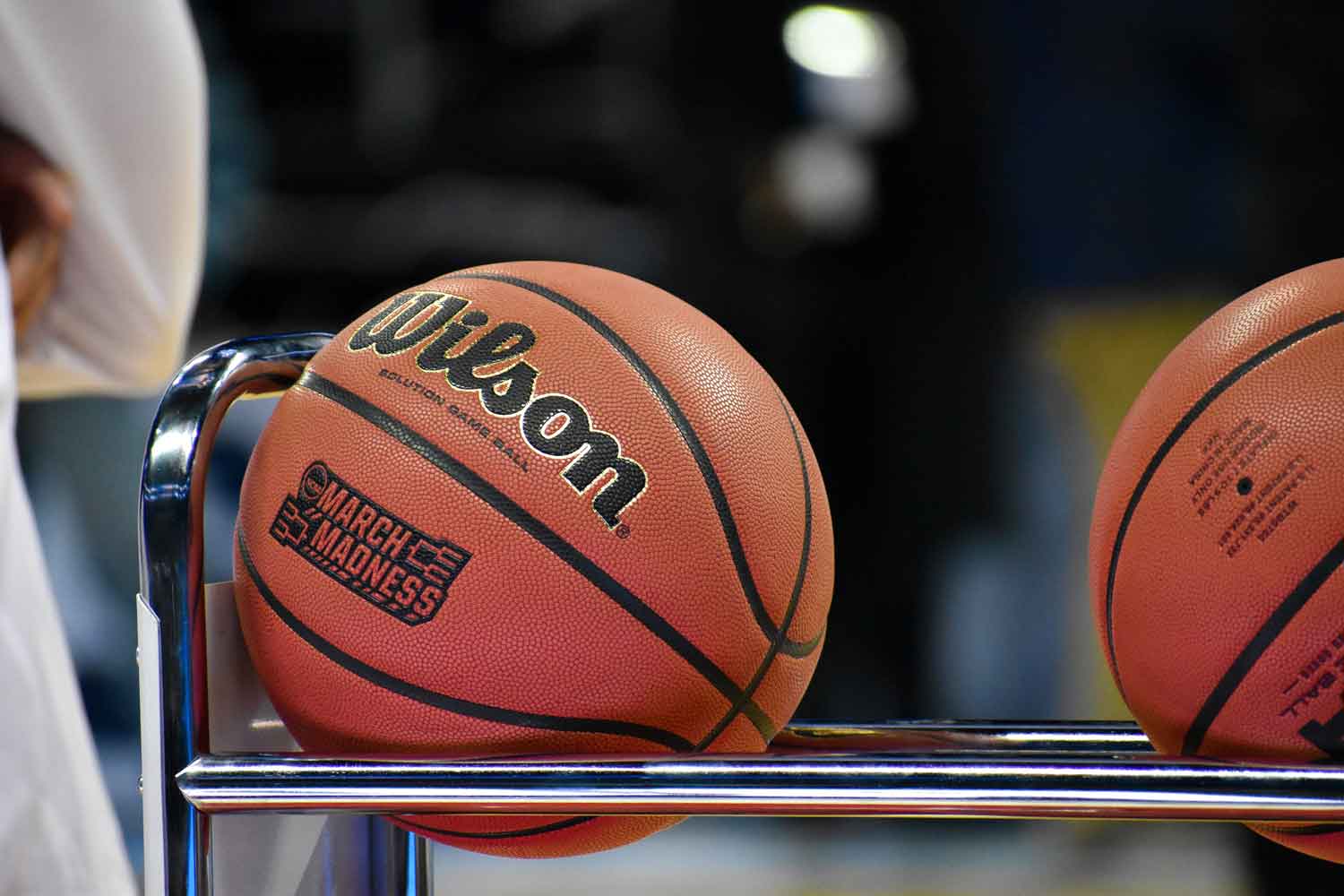During the 2018-19 season, Tristan Thompson of the Cleveland Cavaliers averaged 11.6 rebounds per game at home but just 8.8 rebounds per game on the road. In fact, over his entire nine-year career with the team, he’s averaged nearly a full rebound more at home than he has during away games.
Coincidence? Maybe. But according to George Diemer of Temple University’s School of Sport, Tourism and Hospitality Management (STHM), it could be something more.
Diemer’s new paper, “Statistical Anomalies Associated with NBA Scorekeepers: A Bootstrap Investigation” details how home scorekeepers for NBA teams could be skewing some of the statistics for the home team, leading to increased rebounds and double-doubles. Recently accepted for publication in The Journal of Prediction Markets, the paper was co-authored with Jun Woo Kim of Arcadia University’s School of Global Business and Meredith Kneavel of La Salle University’s School of Nursing and Health Sciences.
The brainchild for the research was the 2009 Deadspin article, “The Confessions Of An NBA Scorekeeper,” where an anonymous longtime NBA scorekeeper outlines all of the ways in which he used to pad his players’ stats. In the piece, the scorekeeper details his experience with one franchise, but Diemer and his colleagues were curious to see if this could be a league-wide issue.
“The scorekeepers are employees of the home team, so it’s in their best interest to make their team look good. None of this is regulated by the overarching NBA, either,” said Diemer, who is an assistant professor. “What’s to prevent a player from giving a couple bucks to the scorekeeper to pad his stats? We think there could be a lot or potential for corruption here.”
The study looked at each team’s top-two rebounders for every season from 2000 to 2018. In total, the final sample included 72,399 NBA games.
Overall, the study showed that home scorekeepers are pushing rebounds per game up into double-digits when a player is close to that benchmark. The NBA franchises that had the largest discrepancy between home and road statistics include:
- Chicago Bulls
- Cleveland Cavaliers
- Denver Nuggets
- Los Angeles Clippers
- Miami Heat
The Dallas Mavericks and Memphis Grizzlies were also flagged in the study, as Diemer and his colleagues write, “the Mavericks’ scorekeepers in Dallas consistently scored the home team differently than the visiting teams.”
According to Diemer, the implications of scorekeepers skewing statistics in the NBA could be considerable.
“When players get double doubles, they benefit from name recognition and there’s potential for them to earn a higher salary, too. I think this should be something that the player’s union should know about and look at addressing,” Diemer said. “Typically, scorekeepers need very little training and they’re hired by the teams, not the league. I think they should reevaluate that position and the structure of how it’s organized. They should be hired on a league-wide basis as that’s really the only way to ensure that this does not continue to happen.”
About the School of Sport, Tourism and Hospitality Management
Established in 1998, the School of Sport, Tourism and Hospitality Management (STHM) at Temple University has a distinguished tradition preparing leaders in the sport, recreation, tourism and hospitality industries.
Thoroughly committed to providing student-centered education and professional development relevant to today’s thriving sport, tourism and hospitality industry — STHM integrates applicable, real-world experience into the curriculum and classroom through its global network of industry partners and well-connected alumni network. Our award-winning faculty and cutting-edge research institutes engage in pioneering research, informing business practices and providing students with the knowledge and skills to succeed in these fast-growing industries.
The School offers undergraduate degree programs in sport and recreation management and tourism and hospitality management; traditional graduate degree programs in sport business and hospitality management; and two online graduate degree programs in executive sport business and travel and tourism. STHM also offers a PhD program in business administration with a concentration in tourism and sport.
